detail profile hiromichi horikawa
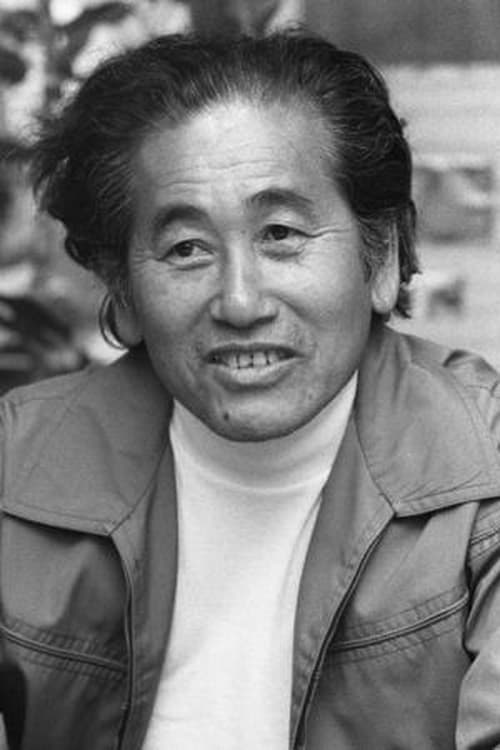
Hiromichi Horikawa
Хиромити Хорикава
atau dikenal sebagai
Riwayat Hidup
Hiromichi Horikawa was born on November 28, 1916 in Kyoto, Japan.
He was a director and assistant director, known for Seven Samurai (1954), Ikiru (1952) and Throne of Blood (1957).
He died on September 5, 2012 in Kyoto, Japan.
Horikawa Hiromichi was a Japanese director.
He was assistant director to Kurosawa Akira for the production of Seven Samurai (1954) and Throne of Blood (1957).
Akira Kurosawa’s assistant on numerous films including Ikiru (1952) and Seven Samurai (Shichinin no samurai, 1954), Horikawa has never achieved his mentor’s fame.
Kurosawa himself scripted his directorial debut, A Story of Fast-Growing Weeds (Asunaro monogatari, 1955), about an adolescent and the first three women in his life.
A concern with youthful experience was also visible in Horikawa’s second and third films, Summer Eclipse (Nisshoku no natsu, 1956), a taiyōzoku (“sun tribe”) film based on a Shintarō Ishihara novel, and The Last Day of Oishi (“Genroku Chūshingura: Ōishi saigo no ichinichi” yori: Koto no tsume, 1957), a reworking of the Chūshingura story that focused particularly on the youngest of the participating ronin and his fiancée.
Another retelling of a classical Japanese story was the Chikamatsu adaptation Oil Hell Murder (Onnagoroshi abura jigoku, 1957), but Horikawa returned to contemporary subject matter with The Naked General (Hadaka no taishō, 1958), a portrait of mentally handicapped collage artist Kiyoshi Yamashita.
In this darkly humorous account of a stubborn non-conformist, Horikawa touched for the first time on the subject of World War II, ironically showing how the artist’s apparent madness enabled him to escape the draft.
The melodrama Eternity of Love (Wakarete ikiru toki mo, 1961), tracing a woman’s unhappy marriages and affairs, also unfolded against a wartime backdrop.
During the sixties, Horikawa made several thrillers: the socially conscious aspects of these films suggest the continuing influence of Kurosawa while also evoking Masaki Kobayashi, whose regular actor Tatsuya Nakadai appeared in TheBlueBeast (Aoiyajū, 1960) and PressureofGuilt (Shirotokuro, 1963).
The former charted the rise and fall of a low-ranking executive who exploits both labor and management, while the latter was a tangled psychological thriller about an attorney who, having strangled his lover, faces a moral dilemma when another man confesses.
Later, GoodbyeMoscow (SarabaMosukuwagurentai, 1968) used the relationship between a Japanese jazz pianist, an American soldier on leave from Vietnam, and a group of young Russian dissidents as a metaphor for Japan’s situation in the Cold War era.
TheMilitarist (GekidōnoShōwashi:Gunbatsu, 1970) was a critical biopic of General Tōjō, which dramatized the military coup of February 26, 1936, while SunAbove,DeathBelow (Sogeki, 1968) was a conventional if snappily edited thriller about a doomed hitman.
Info Pribadi
Peran Yang Di Mainkan Hiromichi Horikawa
 Five swindle stories taking place in...
Five swindle stories taking place in...The World's Most Beautiful Swindlers 1964
Five swindle stories, taking place in five international cities: Tokyo, Japan ("Fumiko's Five Benefactors" by Hiromichi Horikawa); Amsterdam, The Netherlands ("A River of Diamonds" by Roman Polanski); Naples, Italy ("The Road Map" by Ugo Gregoretti); Paris, France ("The Man Who Sold the Eiffel Tower" by Claude Chabrol); and Marrakesh, Morocco ("The Confidence Man" by Jean-Luc Godard). Godard's segment was not included in the original French cinema release, and Polanski's segment was not included on the 2016 home disc release.
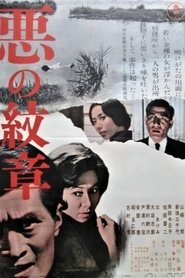 A Jonan Station detective Kikuchi is...
A Jonan Station detective Kikuchi is...Brand of Evil 1964
A Jonan Station detective, Kikuchi, is framed for a murder and sent to prison. When he is paroled, he joins a private detective agency, where he is asked to investigate Mitsue Takazawa, the wife of a local trading firm president. While secretly conducting his own research, he finds out that Takazawa's husband is the one, responsible for Kikuchi's imprisonment, who also have set sights on Setsuko, a woman Kikuchi becomes romantically involved with.
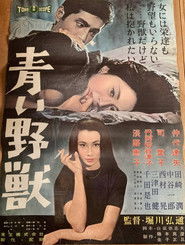 Tatsuya Nakadai plays a scheming lowlevel...
Tatsuya Nakadai plays a scheming lowlevel...The Blue Beast 1960
Tatsuya Nakadai plays a scheming low-level executive who plays labor against management and uses anyone he can to further his career in this moral drama. When things get too hot, he bails and goes to work for a prominent politician (Koreya Senda). Soon he has impregnated the daughter (Yoko Tsukasa) of his boss, but he figures marriage will solve his current problems. His happiness is short-lived when he is stalked by a union radical he once double-crossed who now seeks vengeance.
 Suspense drama about a married salaryman...
Suspense drama about a married salaryman...The Lost Alibi 1960
Suspense drama about a married salaryman whose affair with one of his co-workers is compromised when, returning from a clandestine meeting with his lover, he runs into a neighbor who is later accused of murder. Questioned by police about the neighbor, and blackmailed by his lover's neighbor, the salaryman's lies lead him on a path to destruction.
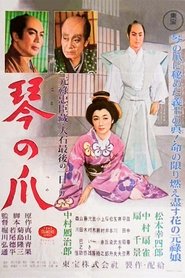 Seppuku Day 17 Ako ronins including Kuranosuke...
Seppuku Day 17 Ako ronins including Kuranosuke...Last Days of the Samurai 1957
Seppuku Day 17 Ako ronins, including Kuranosuke Oishi, who were entrusted to the Hosokawa family, and the events of the two days before are depicted as a tragic romance between one of the ronins, Jurozaemon Isogai, and Omino. An adaptation of Seika Mayama play "Genroku Chusingura, the Last Day of Oishi", which tells about the torments of life and death of samurai living in feudal times.
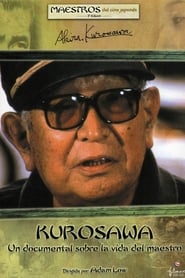 Documentary on film maker Akira Kurosawa
Documentary on film maker Akira Kurosawa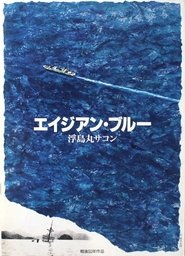 Asian Blue focuses on Koreans brought...
Asian Blue focuses on Koreans brought...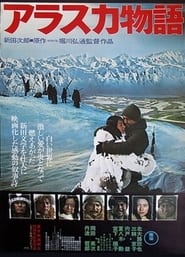 A Japanese sailor finds a colony...
A Japanese sailor finds a colony...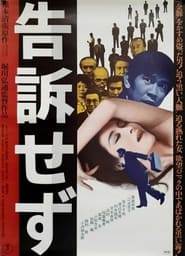 Based on the novel of the...
Based on the novel of the...
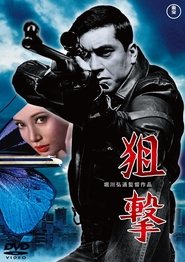 Suspense drama about an assassin charged...
Suspense drama about an assassin charged...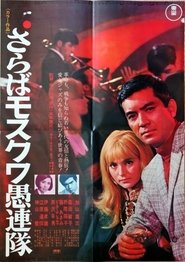 Exjazz pianist turned promoter finds he...
Exjazz pianist turned promoter finds he...
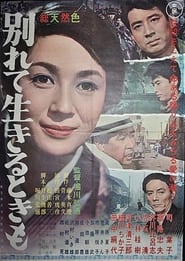 A Hiromichi Horikawa movie
A Hiromichi Horikawa movie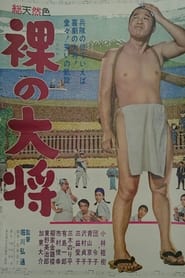 A film about the life of...
A film about the life of...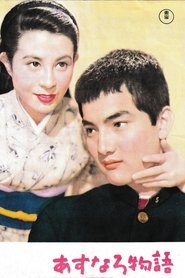
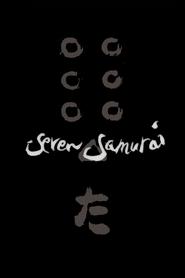 A samurai answers a villages request...
A samurai answers a villages request...
